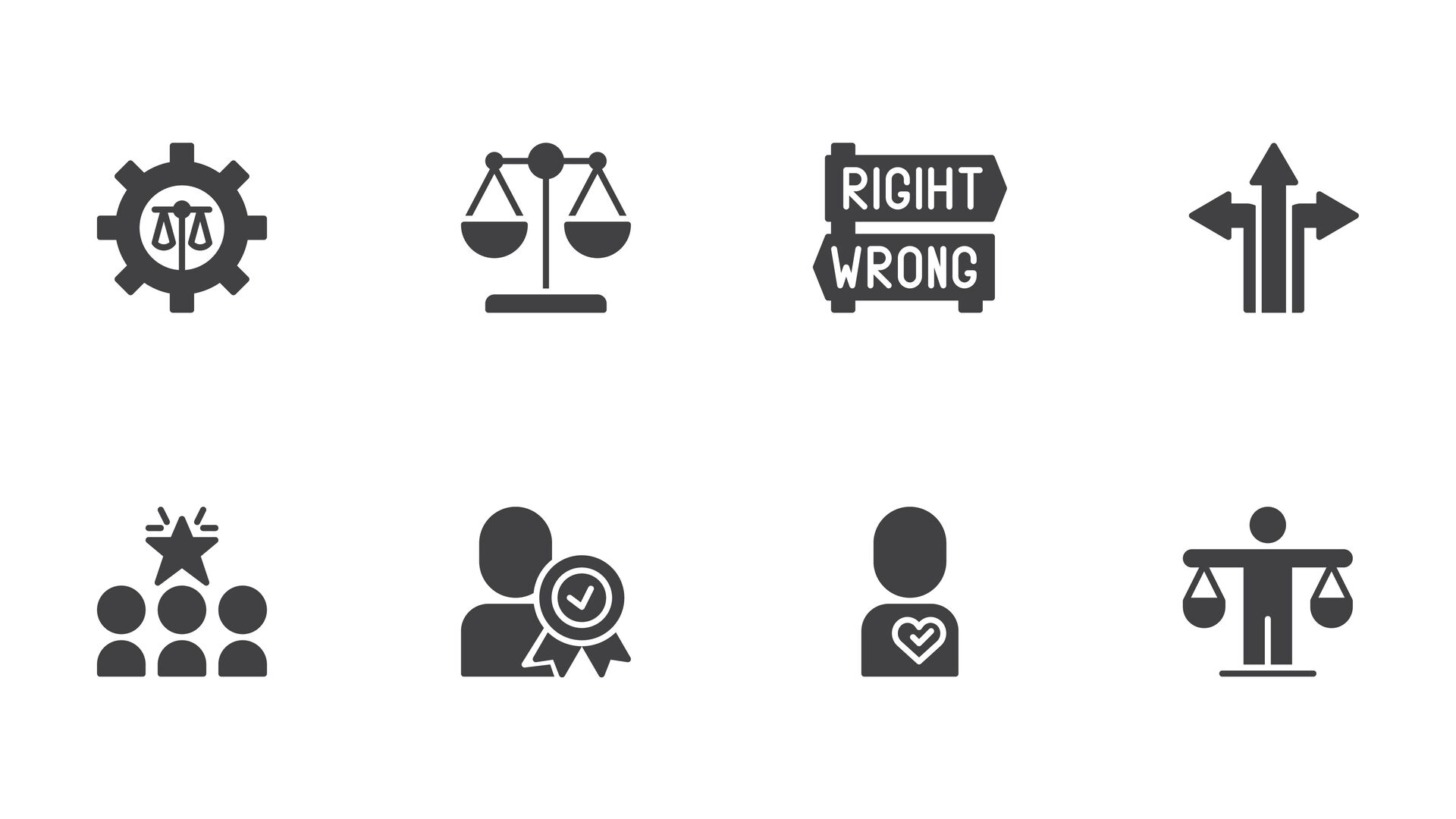This course is a part of HF's PhD week.
Course Description
Scholars in the humanities engage with individuals, both historical and contemporary, whose lives and experiences form the foundation of their research. This doctoral course explores the complex legal and ethical challenges that arise when working with real people, delving into their professional and private realms, often uninvited.
On the one hand, international and national laws protect the right to privacy, safeguarding personal information and matters from unwarranted disclosure or publication. These provisions constrain both governmental and private actions. However, the notion of privacy in research also presents ethical quandaries that extend beyond legal frameworks.
On the other hand, however, scholars have the right to unearth what they consider to be the truth. As a matter of fact, academic freedom is a fundamental right and a key both to higher education and democratic societies. Thus, scholars see it as their responsibility to go where their investigations leads them, and sometimes to ask questions that may be painful or troubling.
When dealing with and writing about real people – whether rich or poor, young or old, famous or unknown, authors or politicians – scholars are bound to face conflicting and ethical obligations. Exploring the life experiences of marginalized individuals may be particularly challenging. Scholars seek to amplify the voices of underrepresented, repressed, or stigmatized minorities, thereby emphasizing their agency. Conversely, granting these individuals visibility and identification may potentially inflict additional trauma, humiliation, or could even be seen as a form of cultural appropriation.
In this course we will discuss various ways of dealing with these conflicting obligations. Among others, we will look at how useful it is to consult with family members and relatives, cultural groups, and other stakeholders to balance out the diverging interests. Also, we will ponder the role of recognition and respect.
Our focus extends to individuals from diverse backgrounds, encompassing elites and ordinary individuals, victims of crimes or injustices, perpetrators, the sick, those with specific gender identities, and members of minority groups. We will tackle these issues by examining topics relating to various kinds of life writing, the proper handling of patients' records, studying Holocaust survivors, and conducting research in securitized contexts.
This is a 1 ECTS course.
Course Preparations
Course participants will read about 100 pages of mandatory readings and select at least 100 pages of your own choice from the lists of suggested readings. Participants will write a brief (1 page) response-paper where you critically engage with a proposition in one or several of these texts. You will also write a 1-page essay relating themes from the workshop to your own field or research project. The two texts should be uploaded to the digital course site by 21 November.
Click here to see the reading list for this course.
In class
Your reflections will be the starting points for our discussions—in groups and plenary. We start with discussing issues arising from your response-papers. After lunch we move on to your reflections centering on your own field or research project.
Professor Marianne Egeland at ILN and Professor Patrick Peter Bernhard at IAKH will facilitate the discussions.
The course language is English.
